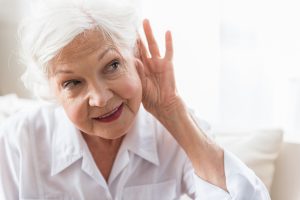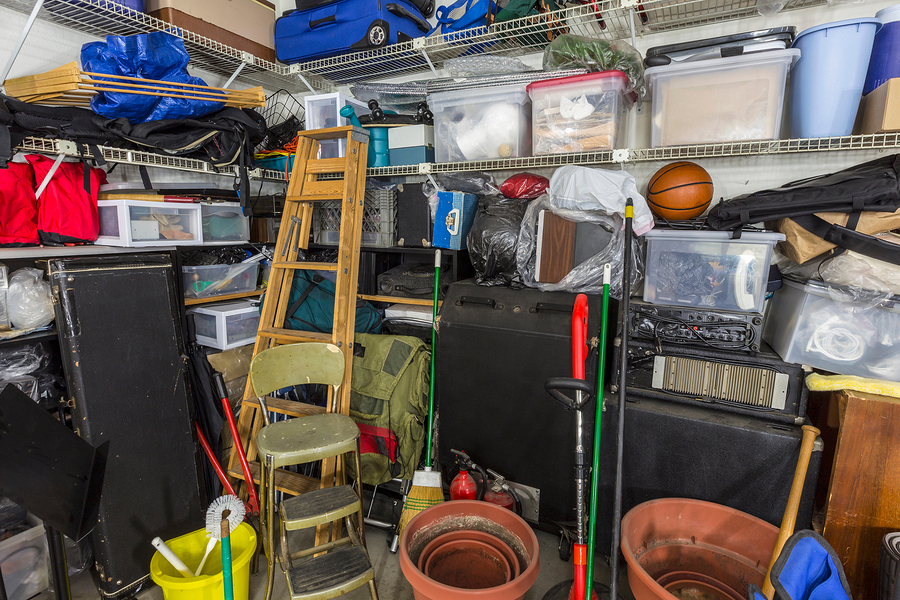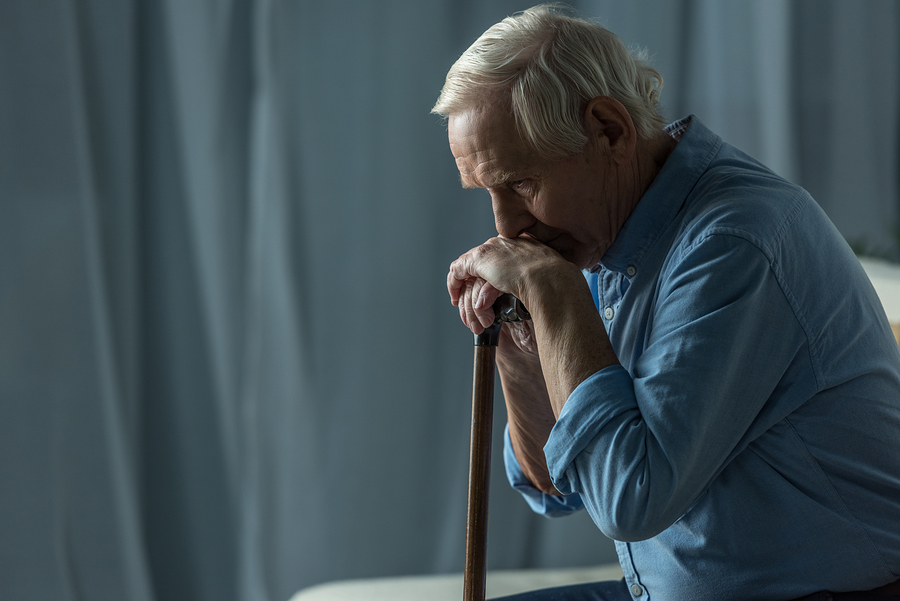Are Diabetes and Hearing Loss Linked?
Category:

According to the American Diabetes Association (ADA), there are currently around 30 million people in the United States with diabetes. A recent study revealed that these people are twice as likely to suffer from hearing loss as are people who do not have diabetes. So, what’s the connection and could your older family member with diabetes be suffering from hearing loss? Knowing more might help you to know whether a senior needs to see a doctor for hearing problems.
How are Diabetes and Hearing Loss Connected?
The ADA says that doctors and scientists don’t know yet why diabetics are at higher risk for hearing loss. One possibility is that diabetes damages tiny blood vessels in the ear. This is similar to the way in which it affects blood vessels in the kidneys, causing kidney disease. However, there is still a great deal of research still needed to discover how the two are connected.
What Are the Signs of Hearing Loss?
Hearing loss usually comes on slowly. That means that the symptoms of hearing loss are often unnoticeable in the beginning. Some signs your aging relative is experiencing hearing problems are:
- Speech Seems Muffled: If the older adult complains that people mumble when their speech seems clear to everyone else, it could be hearing loss. Higher pitched voices, like the voices of children and some women, may be harder for the older adult to hear than lower voices. That’s because the cells in the ear that detect high-pitched sounds are usually affected first.
- Lip Reading: Pay attention to where the older adult’s eyes are focused when you’re talking to them. Are they looking at your lips instead of your eyes? If so, they may be relying on lip reading to follow the conversation.
- Loud Television or Radio: Does the volume on the senior’s television or radio keep creeping up? People who don’t hear well sometimes don’t realize just how loud they have the volume. It may sound fine to them, but everyone else in the room might be annoyed by the sound.
- Exhaustion After Social Events: If your aging relative seems extremely tired after social events, it could be because they have to concentrate harder to follow conversations in a noisy room.
Elder care providers can help seniors with diabetes and hearing loss. In fact, they may even be able to help the older adult to prevent hearing loss by assisting with diabetes management. By helping the senior to eat healthy meals and reminding them to use medications, it is possible that the blood vessels in the ears will remain healthier and hearing loss might be avoided. Should the older adult already have hearing loss, an elder care provider can help them to care for their hearing aid. An elder care provider can also assist with using other technology that makes it easier for people who are hearing impaired to live a better quality of life.
Sources
https://www.diabetes.org/diabetes-and-hearing-loss
https://www.mayoclinic.org/diseases-conditions/hearing-loss/symptoms-causes/syc-20373072
https://www.webmd.com/healthy-aging/hearing-loss-signs#1
Subscribe
Date: February 7, 2020
Category:


